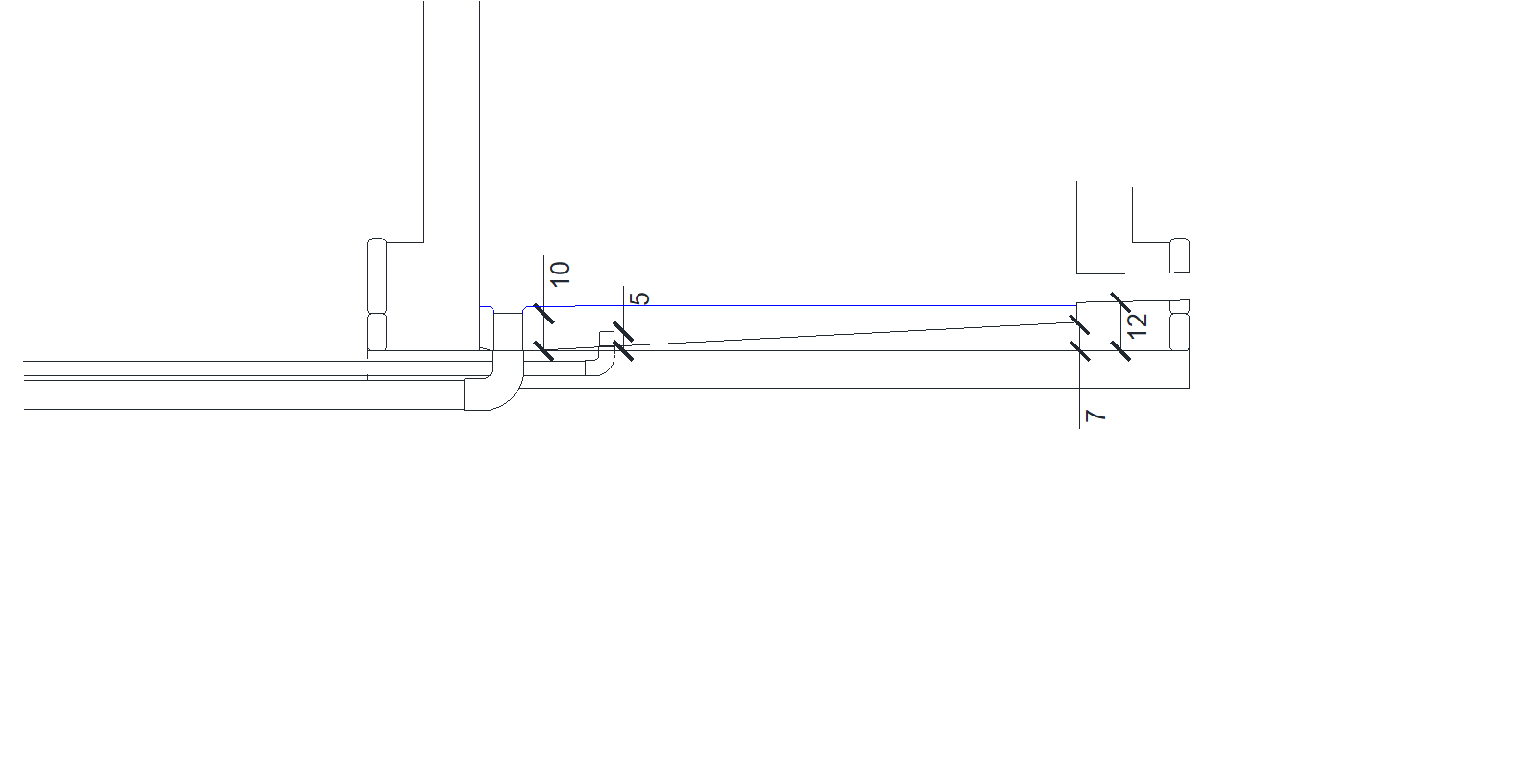Spring Construction with Mold
The main advantages are:
- Very quick wall construction (1 day reinforcement, 1 day casting)
- Very low cement and material consumption
The main disadvantage is the transport of the molds.
All concrete is C25 (1:2:3)
Cast the cutting foundation with a 8 mm reinforcement mesh with spacing 20 cm x 20 cm
- Foundation Depth = 50 cm below the lowest spring eye
- Foundation Top level = 10 cm below Washout level
(as defined in spring level format)

Prepare the slab reinforcement (similar to a normal Reservoir but bended side are taller) see Doc n° MF4-M50 “Reservoir Construction with Mold” § Slab
- The rebar must form a diameter of 155cm
- Rebar 8 mm
- Spacing 15 cm
- Bended on both side (height 60 cm)

Build the slab (diameter 2.3m)
Place all needed pipes first as specified in the specific documentations (Network drawing for outlets, Spring Measurement for Overflow) :
- overflow (s),
- outlet(s),
- air vents ( if necessary)
Place the reinforcement on small stone to raise it
Cast the slab 10 cm thick

Place the inside mold

Cast a concrete wall around 30 cm high and 30 cm thick
Use vertical stone as outside formwork

Place many short PVC pipes (75 mm),
12 cm above whashout (slab) level
with a slope toward the box (≥2%)
to let the water enter the inside box.
The pipe are pushed against the inside formwork

Place pipes in all needed direction
Maximum 1 every two gaps between rebars
Place female 75 mm Pipe if you plan to connect PVC drain

Dig a V groove near the reinfrocement
This will improve the connection between the first concrete layer and the wall.

Build the rest of the wall and the cover exactly in the same way as the concrete reservoir start from Doc n° MF4-M50 “Reservoir Construction with Mold” § Wall rebar to the section Top slab
The only 2 differences are:
Before casting the reservoir wall, reservation for the steps (ladder) need to be made:
Use Banana false trunk (~15 cm long, ~8 cm diameter), place them as would do steps. The trunk must be pushed tight against inside mold and attached with bending wire?


After removal of inside mold:
Remove the Banana false trunk
 Break a bit the concrete to make a nice step
Break a bit the concrete to make a nice step
The watering of the spring box:
It is not possible to fill completely the spring box:
So the wall and top slab have to be watered twice a day during at least 7 days and cover it with a plastic sheet

Cast the top part of the cutting foundation


Gravel
The water must evacuate easily and flow on the side of the box
No water must remain trapped behing the box
This must be checked pratically by the site supervisor
Backfill the whole excavation with clayey soil, the more height the better protection is provided.
- Cut steps if the slope is too steep
- Plant grass on contour lines
Low retaining wall can be added downstream of the catchment to reduce the backfill slope:
Use very permeable materials (dry stone, gabion) to let the infiltrated surface water seep through this retaining wall

